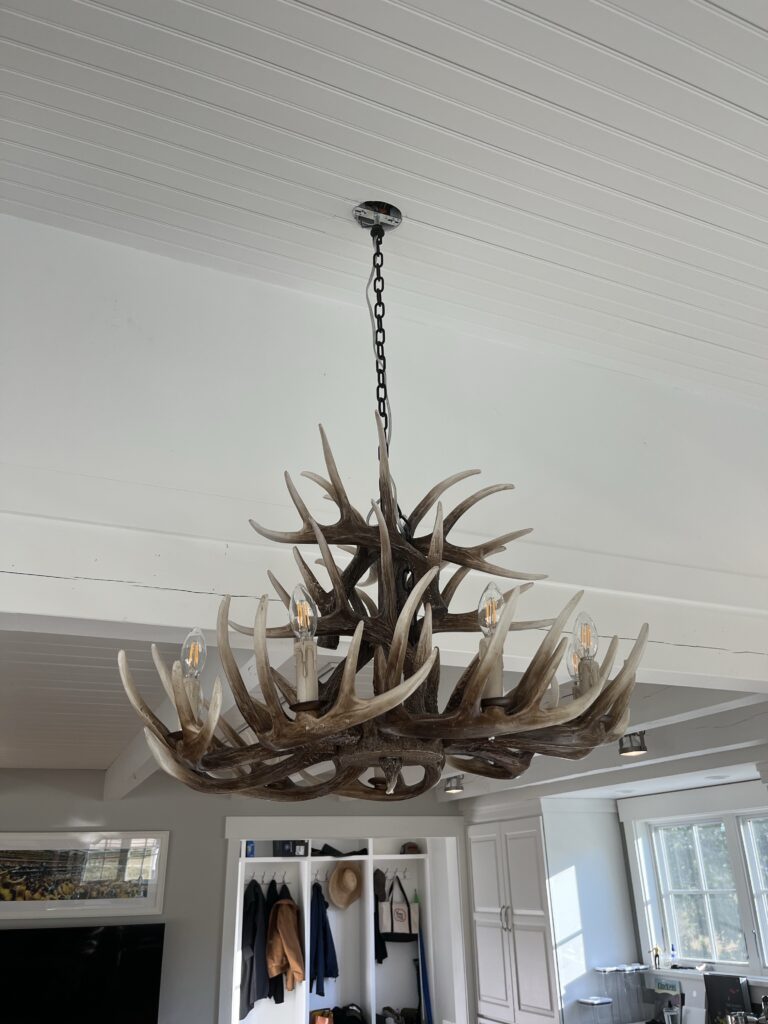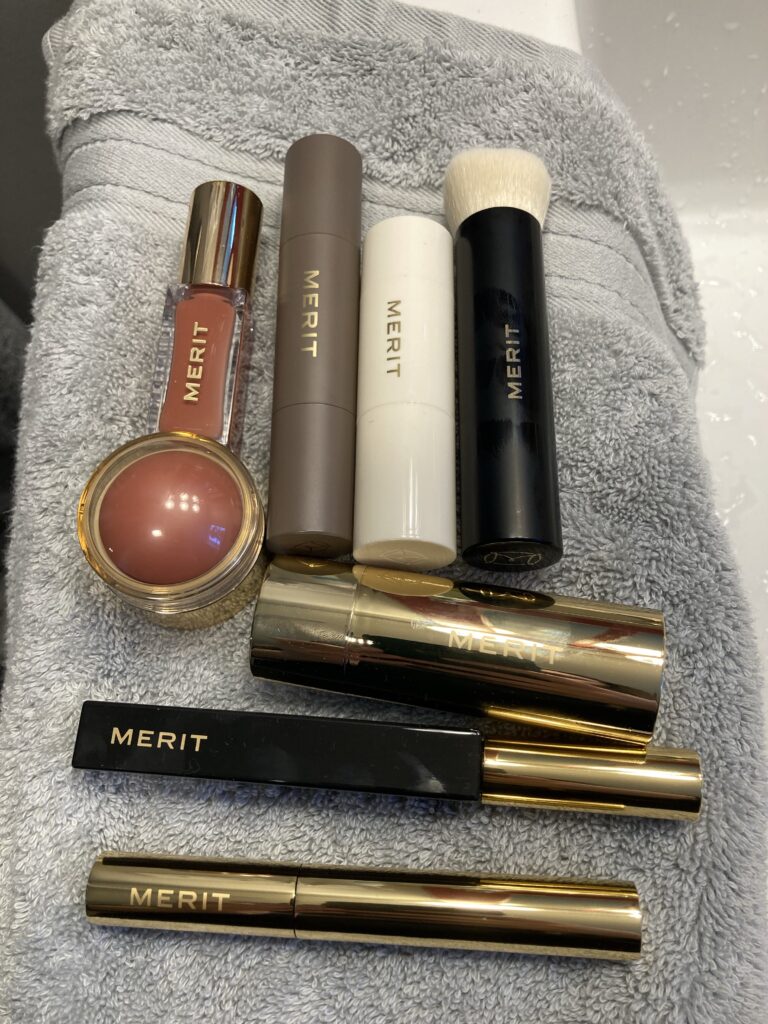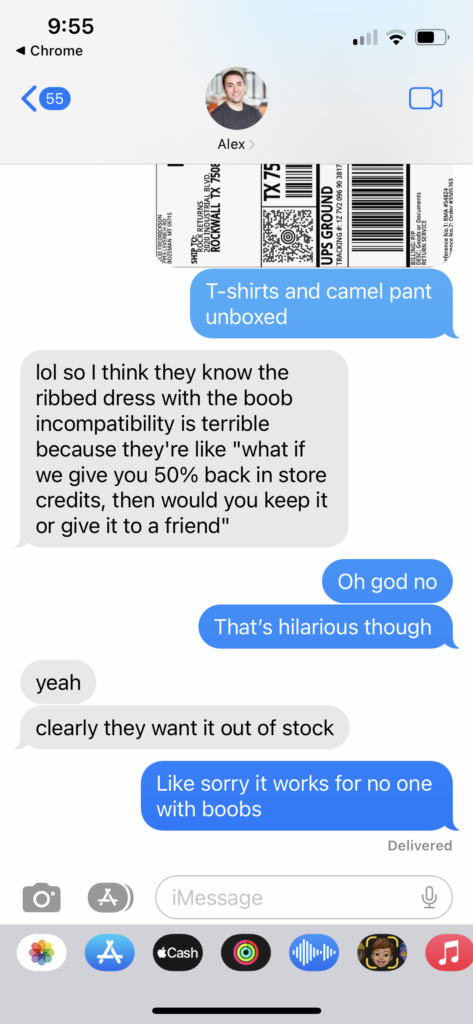There is quote from an 18th century French liberal economist that has always struck me.
When goods don’t cross borders soldiers will
Frederic Bastiat
I’m feeling a bit better so I went for a walk around Tallinn’s public ferry port terminals. I love port cities and the public infrastructure of ports. Trade has always fascinated me. Where culture and its exports goods mingle, you see the most malleable parts of culture. Bonderlands and border towns occupy unique cultural space. Ports represent that that in more organic ways as ships come from everywhere..
One of the more amusing features of the public transportation system of ferries in the Nordics is that there is a cross country service from multiple countries. With rides being in the two to thing hour range you see cottage industries emerge in different policy choices.
Estonia has substantially better alcohol prices than Finland. As it turns out there is a good reason for the price discrepancy. There is a state owned alcohol monopoly in Finland called Akko. Naturally it’s better to buy a good in a competitive market like Estonia.
Outside the ferry there are multiple large liquor retailers. I went inside and was impressed by the wide variety. While there was endless options for beer and spirits, it was really the selection of wine that impressed me.
Finns will take the hour and a half ferry from Helsinki to Tallinn and go straight to the liquor stores and then back on a return ferry. I saw multiple tour buses from Finland in the parking lot.
You can’t trick a broader market forever with a state monopoly. If a market exists the customers will find it. Make something inconvenient and it’s just a fun beer run with friends. But eventually it does get old. Direct to consumer is shaking up old Finish alcohol monopoly.
Most trade disputes aren’t this simple and this easy for people to get around. Borders that can’t be crossed lead to real disputes.









